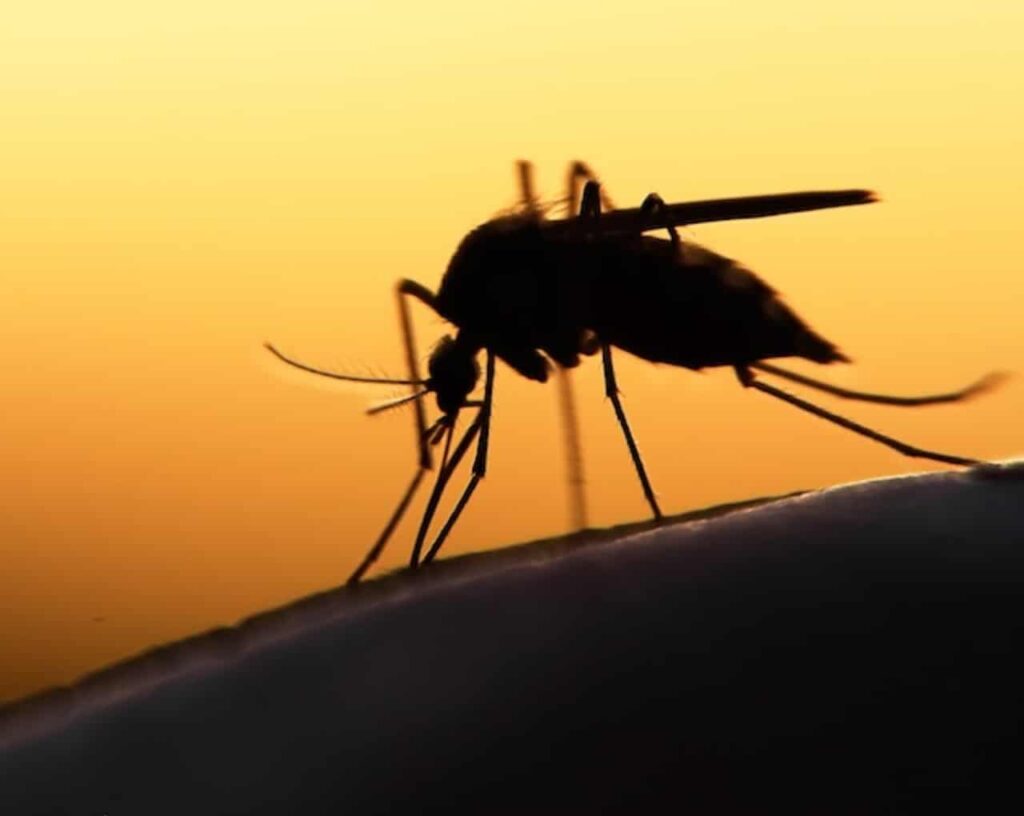Malaria claims the lives of at least nine Nigerians every hour, a staggering statistic that highlights the country’s ongoing struggle with this preventable disease. Nigeria accounts for one in every five malaria deaths worldwide, a situation that has sparked a massive campaign to distribute insecticide-treated nets (ITNs) across the country.
The dire state of malaria in Nigeria was revealed by Daniel Gbue, Media and Communications Specialist of the Global Fund project at the Society for Family Health (SFH). Gbue shared the alarming statistics at a media orientation in Abeokuta, where journalists gathered to learn about the 2024 ITNs universal coverage campaign.
The campaign, spearheaded by the Global Fund Project, aims to target rural areas where malaria risk is highest. According to John Ocholi, Project Director of the Global Fund Project, the goal is to prevent malaria rather than treat it, thereby saving lives and resources.
Ocholi emphasized the critical role that ITNs play in preventing malaria. “Preventing mosquitoes from biting us is key, and that’s what the Ogun state government is doing by distributing free nets,” he explained. “But it’s not just about owning a net; it’s about using it correctly. We encourage people to air their nets for 24 hours before use, and then sleep under them every night.”
However, Ogun state faces a significant challenge: it has one of the lowest proportions of net utilization globally, with only 30% of the population using ITNs regularly, despite owning them. Net ownership stands at around 60-70%. To address this, the state has launched interpersonal sensitization programs to alleviate citizens’ fears about using mosquito nets.
Mrs. Olamide Adeyinka, Malaria Program Manager for Ogun State, disclosed that community mobilization is underway to educate people on the proper use of ITNs. “We’re working with civil society organizations to reach out to communities and encourage people to use nets correctly,” she said. “We’re also engaging in interpersonal communication, going from house to house to understand why people aren’t using nets and advising them on the benefits.”
The state is ready to distribute over 3 million nets to all local government areas, with approximately 14,000 personnel involved in the campaign. Adeyinka emphasized the state’s commitment to the cause, stating that numerous advocacy visits have been made to stakeholders, including traditional and religious leaders.
As Nigeria continues to grapple with the devastating effects of malaria, the government and health organizations are intensifying efforts to prevent the disease. The ITNs universal coverage campaign is a crucial step in this fight, and its success will depend on the active participation of citizens, particularly in rural areas where malaria risk is highest.
